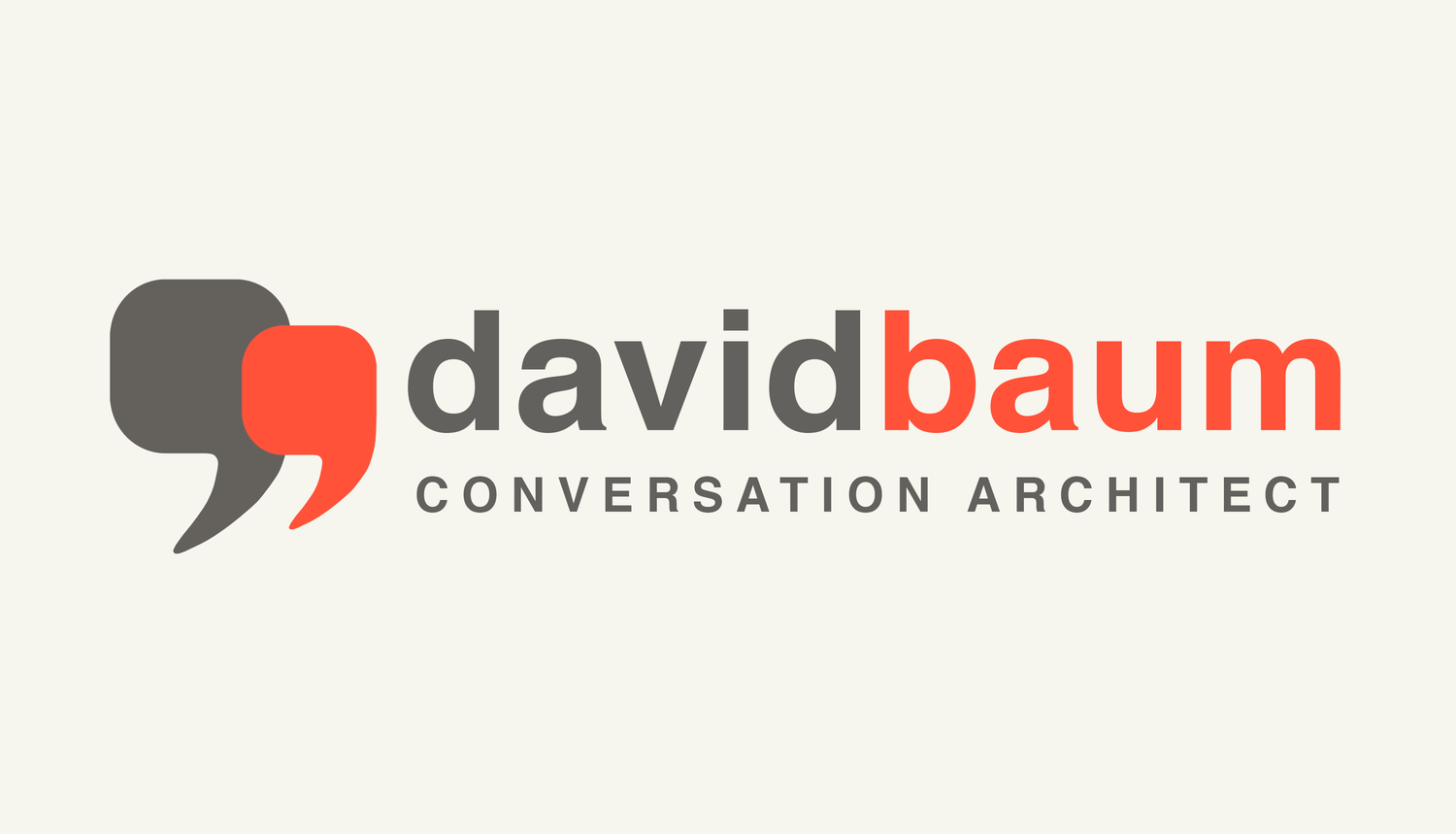News & Articles
Power of Gratitude
I believe the best way to start to promote greater inner happiness is through gratitude. The word comes from the Latin root gratia, meaning “to lend grace” or “to be in God’s favor” and we can choose gratitude, in every day, moment and breath.
Walking to the Middle
A labyrinth is different than a maze. The purpose of a maze is to confuse and obfuscate, with numerous dead ends, twists and turns. But a labyrinth has only one path in and out. Its purpose, through the simple act of placing one foot in front of the other, is to clarify and enlighten.
All In
Picture this. Your only brother's son is a senior in college. He is about to begin his final semester but emotionally is starting to crash and burn. Depressed, alienated and suicidal, his completion of a degree seems unlikely at best, his very life in jeopardy. He lives three hours away and you are a busy person with a full life. What would you do?
We
You hear the word a lot. “We are in this together”, “We need to be a better team”, “We must all get on board”, “We need to better communicate with each other”—these are but a sampling of comments from almost all most any business setting on any given day. But what does “we” really mean?
Karma and Grace
We walk in two worlds. The first is the world of karma, a Sanskrit word meaning “cause and effect”. All great religious traditions at their core level teach this concept. The second world is that of grace. Grace comes from the Latin root word gratia, and means “to receive unearned favor from God”. We don’t do anything for this—it is, as the word says, unearned. At the heat of this concept is that regardless, we are forgiven.
Time and Enclosure
“Time and enclosure"--this is the unofficial mission of the MacDowell Colony for the Arts. Founded in Peterborough, New Hampshire in 1907 it is the oldest artist colony in North America drawing 250 residents each year from the United States and abroad. The Colony is a place where artists can go, free of any expectation or obligation, to create and to do their work.
Trust What You Already Know
The next time you are trying to decide a difficult question or make a challenging choice, spend a few minutes considering all that you gain from each choice. Then trust your instincts to guide you into action. Usually we know the answer, but are fearful of the consequences or the implications of action.
The Benefits in Not Changing
Often when individuals refuse to change, the reason is that they derive benefits from not changing. Even if the benefit is small--like the comfort of facing a known situation rather than an unknown one--there is a value. If none existed, we'd change immediately!
Courage Under Fire
There are certain lessons I sometimes need to re-learn. One big one is this. Once I know someones story it is almost impossible for me to not to hold them in the highest of regard. Such was recently the case. I was running a leadership program in partnership with the University of Western Ontario, where I teach participants to eat fire...
Our Flaw in National Character
Ultimately, to say you are sorry takes deep courage. It is the right and just thing to do. It is a flaw of huge proportions not to apologize, especially when the errors in judgment have cost so much. As a parent I would be embarrassed if I raised my kids to exhibit the levels of arrogance and certainty I have recently seen in all levels of our government dealing with the tragedy of Katrina.
The Disconnection of Metaphor
Mark Nepo, in his lovely book, The Exquisite Risk, writes that the Native American view is held to keep its people connected to the directness of life. "We do not believe in metaphor. For metaphor blocks our being touched directly by the many faces of the Great Spirit. As Westerner's, we say the wind is like God's voice. But the Native American says, the wind is God's voice. We say water is like the earth's blood. But the Native American says, the water is the earth's blood."
The Braided Path of Learning
In learning there are two paths that take us to transformation. Both can move us into our preferred futures and each are essential for learning and growth. These two paths are intertwined, and when in balance make our lives easier and more fluid. When braided together these paths become critical allies for personal movement and change. But when out of balance they can hinder our inner development and cause either misery or numbness.
The Field
The poet Rumi wrote, "Out beyond ideas of right-doing and wrong-doing there is a field. I will meet you there." The question, of course, in this time of separation and anxiety is how do we make our way to the field of agreement that Rumi spoke so eloquently about? Lately this "field" has felt a world away . . . separated by differences of religion, politics, rhetoric and violence.
Look for the View Behind You
Photographer Lisa Robinson once said, "When you take a photograph, turn around and look directly behind you...look for that which you didn't see."I love this, for it teaches us to examine the possibilities we never allow--those contrary considerations from our supposed "answers". Among the Lakota peoples there is a tradition that a minimum of SEVEN creative solutions is always offered to any problem. Seven!
Say "Yes" Rather Than "No"
Recently I spent some time with an old friend, playwright and actor, Arlene Hutton. Here is what she said: "In improvisation, the key is to say 'yes' rather than 'no'. When we say 'yes' we open the door to possibility and creativity. I was doing an improvisation exercise called "The Yes Game" where no matter what is said to you, you must respond, 'Yes, and...' The goal is to follow the thread and see where the conversation goes. I started the game."
Unlived Dreams
We must remember to continually query of ourselves in real and honest ways: (1) How do I manifest my dreams in the world? How does that show itself? (2) Where do I abandon my dreams? What is the price that I pay? . . . Of course, just asking is not enough; words that are not turned into action “bring the pest”, as William Blake once said.
Happiness in a Begging Bowl
Last year I was in a Shiva temple in southern India. Coming down a long set of incense laden stairs I came across the poorest human I had ever seen (and that is saying something in India). He was somewhere between sixty and eighty--hard to tell given his condition—and wearing a filthy red loin cloth which barely covered his emaciated body. He was also a leper and so had parts of his hands, feet and face missing. His only possession was a dirty wooden begging bowl.
Authentic Living
The poet Mary Oliver says, "Listen. Are you breathing just a little and calling it a life?" Many of us want to lead an authentic life, but struggle to know what that means. Without authenticity we are living somebody else’s dream and thinking it's our own--the ultimate tragedy. It calls on us to seek what has heart and meaning in our daily existence.
















